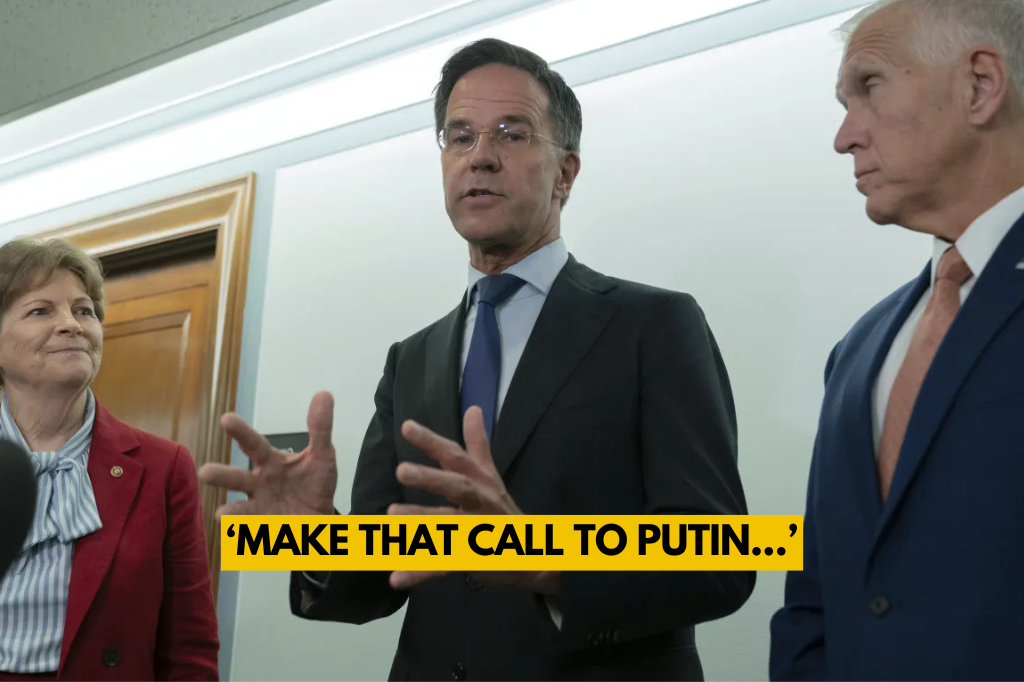NATO Secretary General Mark Rutte delivered a sharp warning to Brazil, India, and China on Wednesday, July 16, signalling that they could face sweeping economic penalties if they continue trade relations with Russia amid the ongoing war in Ukraine.
Speaking to reporters following a closed-door meeting with U.S. senators, Rutte urged the leaders of the three countries to pressure Russian President Vladimir Putin to engage seriously in peace negotiations – or risk severe consequences.
“If you are in Beijing, Delhi, or Brasília and still doing business with Moscow – buying oil, gas, or anything else understand this: if Putin doesn’t come to the table for real peace talks, we will impose full secondary sanctions,” Rutte said. “That means 100 per cent. This will hit hard.”
The NATO chief made clear that the economic fallout wouldn’t be limited to Russia alone. “To the leaders of China, India, and Brazil – make that call to Putin. Urge him to negotiate in good faith. Otherwise, this situation will come crashing back on your economies,” he warned.
Rutte’s comments come as the West ramps up diplomatic and economic pressure on nations seen as enabling the Kremlin’s war effort. His statement followed US President Donald Trump’s announcement of a new military aid package for Ukraine, including the deployment of Patriot missile systems long sought by Kyiv. Trump also revealed a potential escalation in economic measures – including 100 per cent tariffs on Russian goods and secondary sanctions targeting countries that maintain strong trade links with Moscow.
“If there’s no peace deal in 50 days, it’s going to get very tough,” Trump told reporters. “The tariffs will be on, and the sanctions will be on.”
Trump added that these measures could be enacted without congressional approval, though bipartisan support appears to be building on Capitol Hill. According to Reuters, 85 US senators now back legislation giving the White House authority to impose tariffs of up to 500 per cent on countries aiding Russia.
India, China, and Turkey remain among the top importers of Russian crude oil, according to global trade data – a position Western leaders argue undermines efforts to isolate the Kremlin economically.
As the countdown to Trump’s 50-day deadline begins, NATO’s message is clear: neutral business ties with Russia are no longer tenable without consequences.







